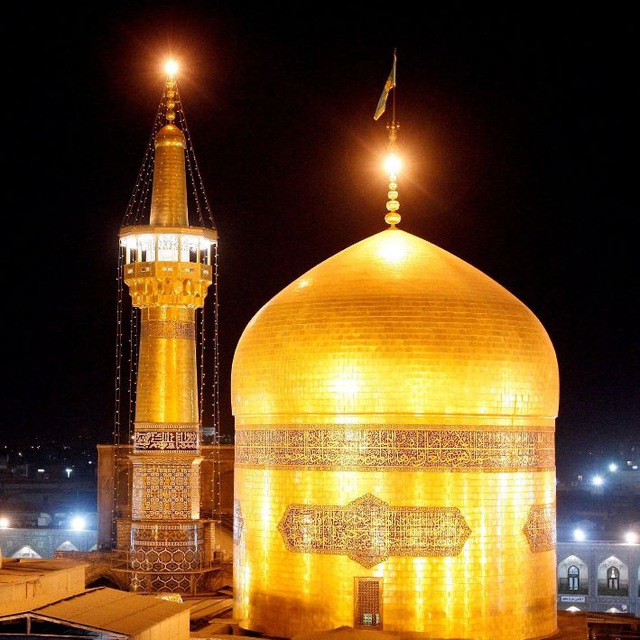Selected letter of Imam Ali to Malik Ashtar – Part II
(Mohammed Fazli)
The letter of Imam Ali (AS) to Malik Ashtar Nakhai is one of the most thoughtful and beautiful texts that if we are concerned about Iran today, it is necessary to read and act on it – of course for the officials and rulers. The translation of the letter written by the late Seyyed Jaafar Shahidi is about 5700 words, from which I have selected, classified and arranged the text according to my taste, and extracted a text of 2400 words from it, which is arranged in four parts, hoping that it will be useful. The letter begins like this: “In the name of God, the Merciful, the Beneficent, this is a command from Ali, the Commander of the Faithful, to Malik Ashtar son of Harith, in the covenant he made with him, when he appointed him to the government of Egypt to provide its tribute, and to fight with enemies and organizing the work of the people of Egypt and settling its cities.”
Etiquette of exercising political power
From the peace that your enemy called you, and God’s pleasure was in it, on the peace that you reconciled, your soldiers were comforted. And it freed you from your sorrows and your cities remained safe, but Zanhar! Woman! Beware of your enemy after reconciliation because the enemy may come close to neglect and open his ambush, so be prudent! And go on the path of happiness.
If you made a pact with your enemy and spared him under your responsibility, keep your promise and fulfill what you are responsible for. And set yourself up as a shield against your covenant, so that people do not stand in solidarity with anything from God’s obligations, such as honoring the strict covenant of Hamadastan, with all the different opinions they have, and the opinions that are against each other. And the polytheists, apart from the Muslims, considered it necessary to fulfill the covenant among themselves, but they suffered the unfortunate end of breaking the covenant. Therefore, do not betray in what you have undertaken, and do not make the covenant that you have made difficult and your enemy who is in your covenant a deceiver, so that he does not dare to fear God except the ignorant and unfortunate.
Avoid blood, and shedding it unjustly, so that something like shedding blood unjustly does not lead to punishment, and does not magnify the sin, and does not take away the blessing, and does not cut the string of life, and may God Almighty be the first judge between the servants on the Day of Resurrection. Let it be in the blood that has been spilled from each other.
Don’t make your government strong by shedding blood on the forbidden, because shedding blood on the forbidden will lead to weakness and weakness, but it will turn the government from its owner to another. And killing you unjustly is not an excuse before me and God.
Avoid self-admiration, and being sure of self-admiration, and loving praise, which are all the best opportunities for the devil to shine and destroy the righteous.
Avoid haste in things that have not arrived when it is done, or laxity in it when it has become possible, or fighting in things in which the right path is invisible, or laxity when it is obvious.
Beware of keeping something for yourself that all people have the same interest in, and of neglecting what should be paid attention to, and which is visible in visions. May they take away from you what you have been wrongfully oppressed, and soon remove the veil of deeds from your vision, and make you cry and bring the oppressed.
(If you like this text, send it to others.) @fazeli_mohammad
This post is written by monese_ghamgosar
